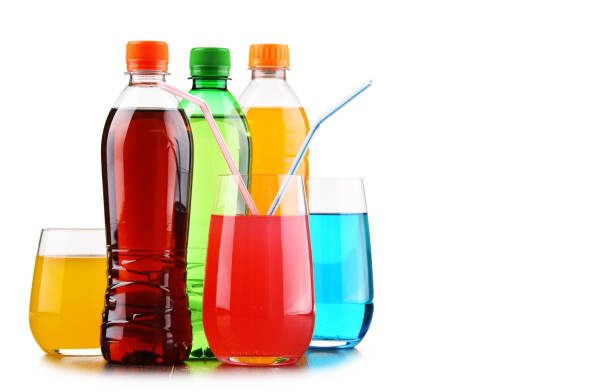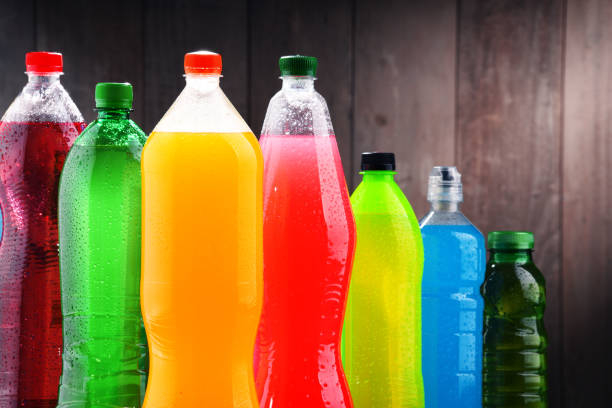Sugary Drinks

Soda, sports drinks, energy drinks, and fruit juice are examples of sugary drinks. Sugary drinks not only increase your waistline and increase your risk of type 2 diabetes and heart disease, but they also have a bad effect on your brain. Excessive use of sugary drinks raises the chance of acquiring type 2 diabetes, which has been linked to an increased risk of Alzheimer's disease. Furthermore, even in persons who do not have diabetes, greater blood sugar levels can raise the risk of dementia. High-fructose corn syrup (HFCS), which contains 55% fructose and 45% glucose, is a key ingredient in many sugary drinks.
Obesity, high blood pressure, high blood lipids, diabetes, and vascular dysfunction can all be caused by high fructose consumption. These characteristics of metabolic syndrome may enhance the chance of acquiring dementia in the long run. Animal studies have indicated that a high fructose diet can cause insulin resistance in the brain, as well as a decrease in brain function, memory, learning, and neuron development. One rat study discovered that a high-sugar diet increased brain inflammation and decreased memory. Furthermore, rats fed a diet containing 11% HFCS performed worse than those fed a diet containing 11% normal sugar.
Another study discovered that rats on a high-fructose diet acquired more weight, had poorer blood sugar management, and were more likely to develop metabolic problems and cognitive deficits. While further research on humans is needed, the findings show that high fructose consumption from sugary drinks may have extra harmful effects on the brain in addition to the effects of sugar. Water, unsweetened iced tea, vegetable juice, and unsweetened dairy products are all good alternatives to sugary beverages.








